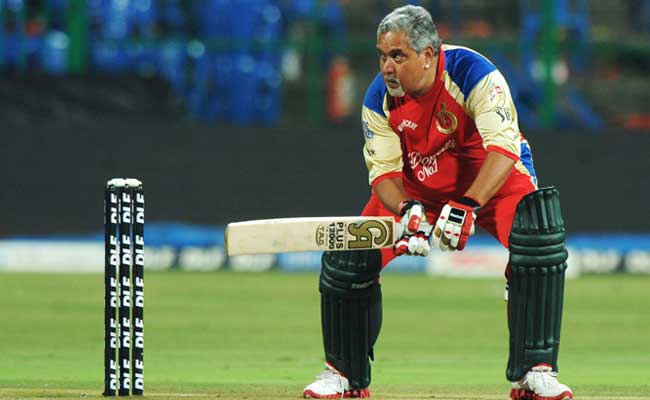accused of defaulting on loans worth crores, was arrested in London today in what the government counted as a major win in its attempts to bring the business tycoon to India to face trial. But sources close to Mr. Mallya asserted that it was a voluntary arrest and he was let off on bail within three hours.

A hearing in a Westminster court was the first step in what could be a long legal battle for extradition. Mr. Mallya can challenge his extradition in lower and higher courts, which can take months. The government had requested the UK in February to extradite the flamboyant entrepreneur, who left India a year ago amid attempts by a group of banks to recover around Rs. 9,000 crores in loans to his collapsed Kingfisher Airlines.
Vijay Mallya arrested in London
The process took rapid strides weeks after Finance Minister Arun Jaitley, during a visit to the UK, reportedly raised with British leaders that a certain “fugitive” was overstaying in London. British Prime Minister Theresa May had dropped in on a meeting between Mr. Jaitley and his UK counterpart when the subject was raised, the Press Trust of India quoted sources as saying.
Earlier, when New Delhi asked the UK to deport Mr. Mallya saying his passport had been canceled, British officials said he could legally stay on in London as he had a UK visa.
India then pursued extradition. Last month, the UK told India that its request had been certified by the Secretary of State.
Mr. Mallya has been charged with cheating and conspiracy by the CBI that filed a 1,000-page charge sheet against him for defaulting on a 900 crore loan taken from the IDBI bank in 2009. The CBI probe found that 250 crores of this – given to buy aircraft parts – was diverted abroad.
Amid multiple attempts to extradite him, Mr. Mallya appeared to dare the authorities as he attended high-profile events in the UK linked to his Formula One team Sahara Force India.
The extradition process from the UK involves a number of steps including a decision by the judge whether to issue a warrant of arrest. In the case of a warrant, the person is arrested and brought before the court for preliminary hearing followed by an extradition hearing before a final decision is taken by the secretary of state.
Leave a Reply